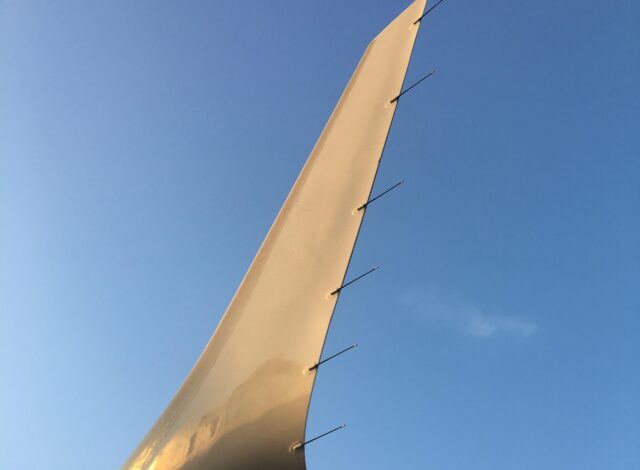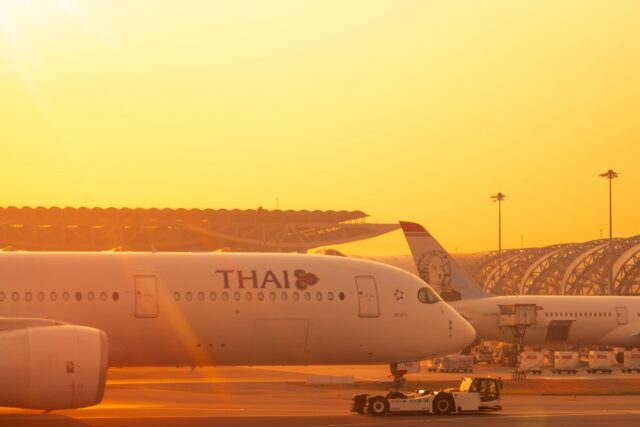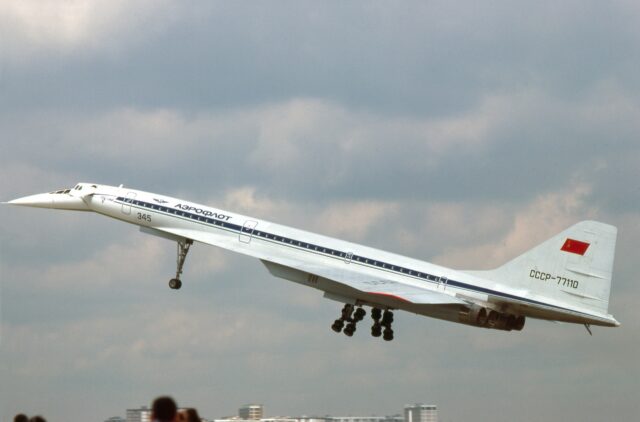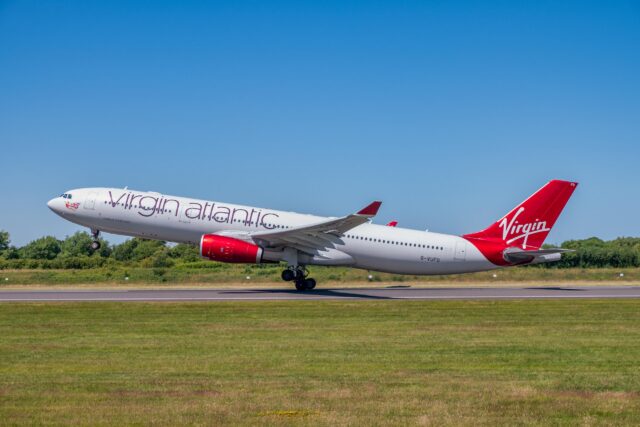easyJet signs MoU for long-term SAF supply

May 1, 2025

easyJet, in partnership with World Fuel Services and ATOBA Energy, has agreed a Memorandum of Understanding (MoU) for the development of a long-term supply of sustainable aviation fuel (SAF) for the low-cost carrier’s operations in Europe and the UK.
With the SAF industry facing challenges in terms of scaling supply at the rate demanded by environmental needs and regulatory mandates, this agreement, which differs from previous MoUs as it will make use of ATOBA’s offtake agreements from diversified SAF producers and technologies, marks an important step in addressing the long-term offtake challenges that have hindered investment in SAF projects. Through the combination of ATOBA’s SAF aggregation, which will enable management of pricing and supply volatility risk for airlines, and World Fuel’s global jet fuel logisitics, blending, storage and distribution infrastructure, the agreement is expected to unlock the SAF value chain.
Through its upstream and downstream SAF offtake portfolio management, ATOBA can facilitate the scaling of SAF production, solving the financial dilemma between airlines and producers. It offtakes from diversified producers using production technologies, such as Alcohol-to-Jet, Gas-Fsicher Tropsch, or Power-to-Liquids, thereby mitigating technological and pricing risks and supporting the closing of long-term offtake agreements between airlines, SAF producers and financial institutions.
Raminder Shergill, director of tax & fuel strategy at easyJet explained that the low-cost carrier is seeking competitive SAF markets in the context of a nascent industry with diverse competing technologies. “By addressing the long-term offtake challenges that have hindered investment in SAF projects, ATOBA’s approach paves the way for accelerated industry expansion, greater investment confidence and credible pricing and supply security,” he said.
At the end of 2024, easyJet signed a similar MoU also with World Fuel Services and Braathens Renavia in partnership with Mana Group, for the long-term supply of SAF. It was announced at the time that this agreement is expected to provide the LCC with access to up to 150,000 tonnes of SAF (including up to 75,000 tonnes of eSAF) from 2030.
















